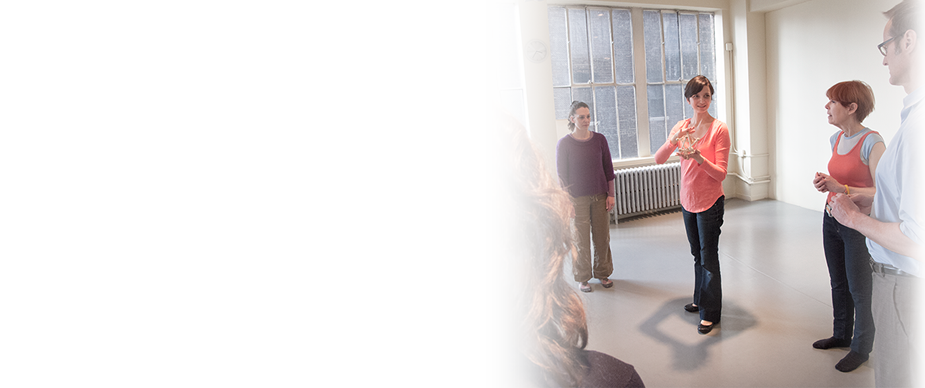My Winter of Skiing Badly
/My Winter of Skiing Badly
I've taken up cross-country skiing and I'm not very good at it yet! I'm now living in Montreal where a lot of folks grew up on skis. Both the young and old zip by me, leaving me in the dust!
Last week I was going up a gentle hill and I kept cyclying through a few a few points in my head.
- Keep the polls more behind me
- Push off and glide
- Keep my shoulders relaxed
What kept jumping to the forefront in my brain was, "don't fall," and "don't crash into anyone", to which I'd react by tightening my shoulders and putting the polls in front of me.
Heading back downhill, my fear of falling tripled. My husband suggested I try bending my knees and hips a bit to lower my center of gravity.
Great idea...but I was also having another problem. I kept vering left toward the edge of the path where there was a 2-foot drop into a rocky ditch.
At first I panicked, not sure what was sending me to certain injury, but then I paid closer attention to my body and realized that my left foot was rotating slightly, pointing my toes (and the ski) to the left.
It took me a moment to feel it, but once I did I redirected my foot, the problem was solved.
So I pointed my ski straight, but then I forgot about all bending my knees and staying low, and keeping my poles back, and relaxing my shoulders.
I focused on the other points again, one at a time, but then the ski headed left toward the ditch.
This juggling act of stopping and starting and reminding my body of a list of things to do continued down the mountain.
The thing is, it was neither frustrating to me, nor unexpected. It seems normal to me that it might take some time to put all of the pieces together when learning a new skill, particularly one that involves balance and a bit of fear!
You may have had a similar experience learning a new skill (playing an instrument, riding a bike, driving a car, learning to type without looking at the keys). First it felt ackward and like a million things to focus on and keep track of, but after awhile, it came together and felt natural and like you didn't have to keep going through a list of things to remember.
New drivers often feel like they have a million things to pay attention to during first driving lesson, but they soon are able to hold a conversation or make a mental grocery list as they drive.
Learning curves are normal. Even if we get impatient, we're usually not surprised by them...but sometimes people find it surprising when it comes to improving posture and day to day physical habits.
Here's why:
Most people don't thinkt of everyday stuff they do as a skills. They already know how to sit, stand, walk, and speak. They might assume that improving these things shouldn't take the kind of thoughtful attention that learning to ski, play an instrument, or drive a car would...but they do!
Think about why you decide to pick up a new skill (like skiiing). There's probably some element in there of wanting to have fun, right? To sense your body moving through space in new ways.
My lessons and classes (all based on the principles of the Alexander Technique) teach you how to approach everyday activities with a sense of curiosity, fun, and of enjoying being in your body and feeling present.
Sometimes people don't like being beginners. They want to know and get it right...and might feel silly thinking they have to be a beginner at something like sitting or walking.
If you allow yourself to put aside what you know and start fresh, going through the steps, giving yourself time, not trying to hard to get it right or be perfect, you'll actually be on the path toward creating lasting change...and it can be a lot of fun!
My next group class open to all, including beginners, starts next Tuesday, Jan 11 and there are a few spots left! Click here for all dates times and how to register (or read below).
My 8-week online course for women, Interact with Impact: Kick Poor Posture to the Curb begins February 6 and registration opens Jan. 15.


